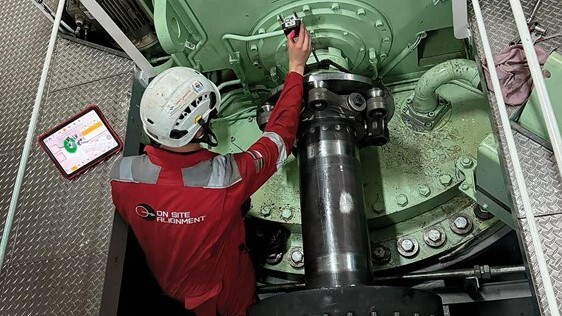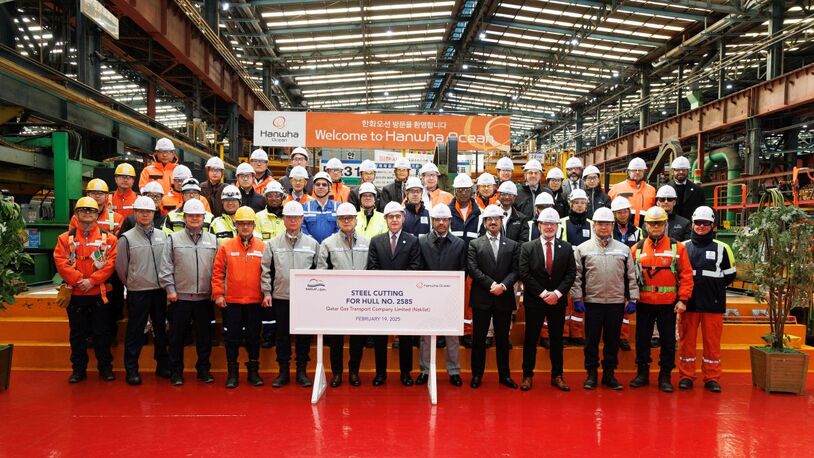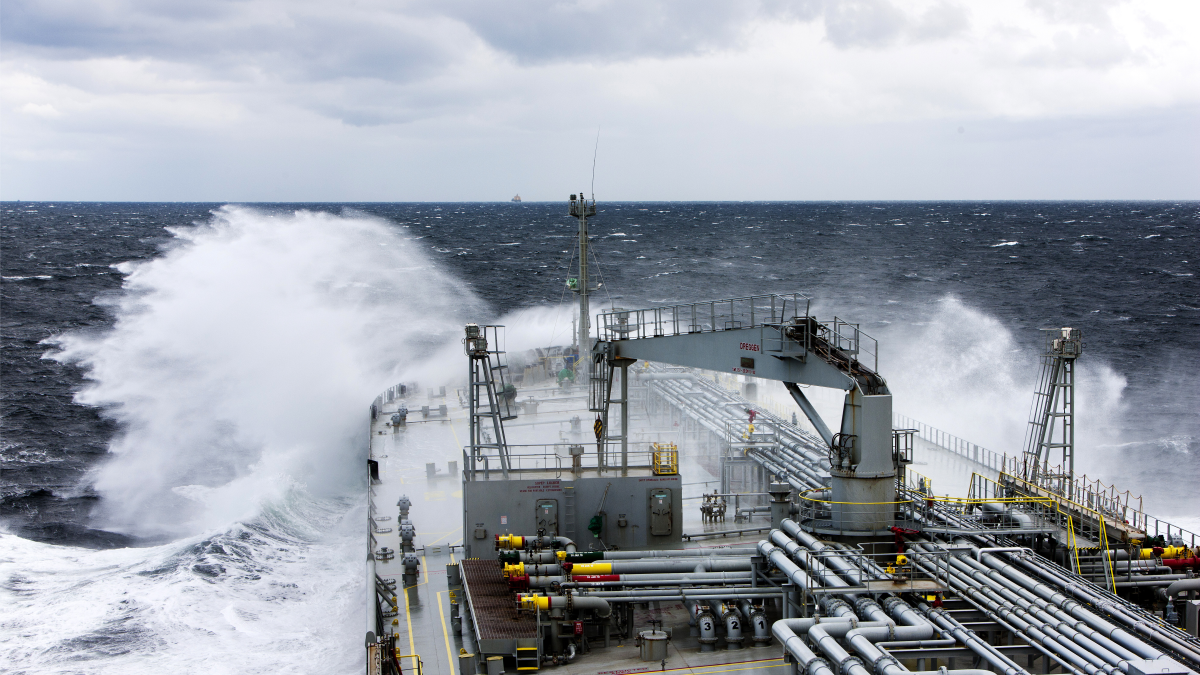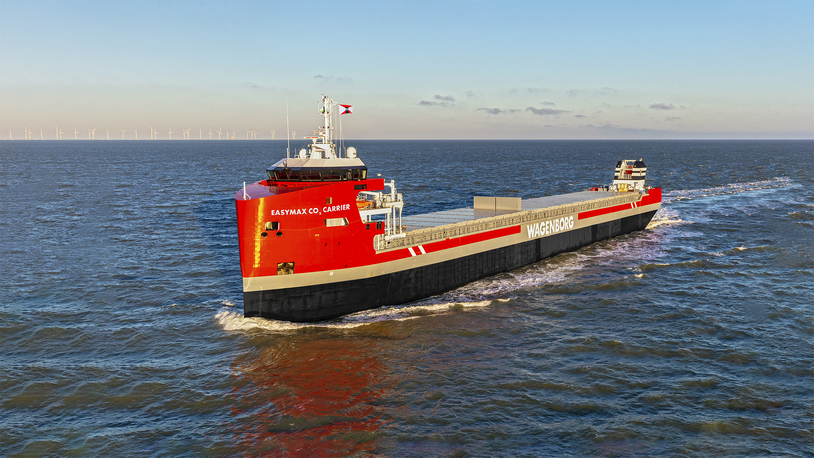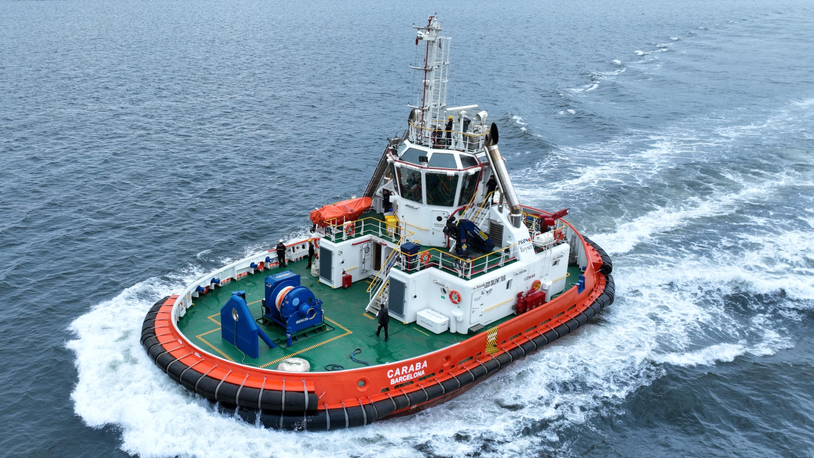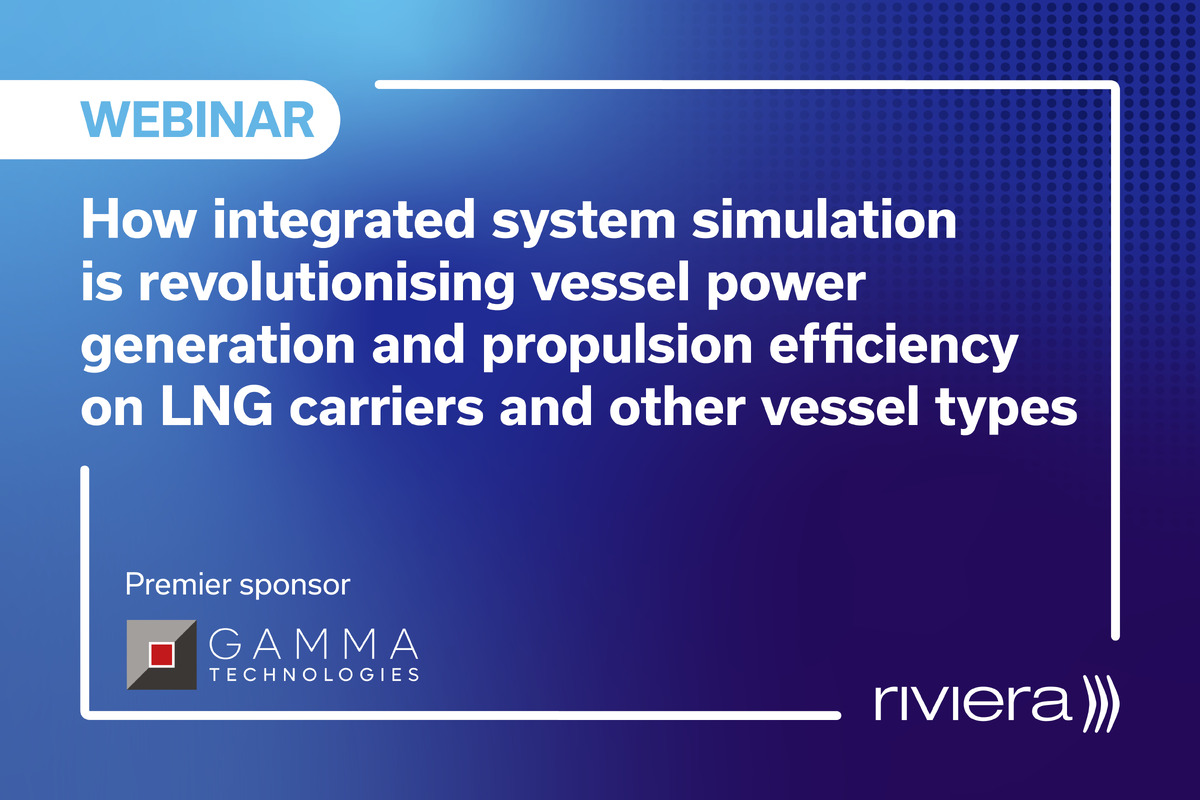Business Sectors
Events
Contents
Enabling lubricants to work effectively
When it comes to two-stroke engine lubrication, Lubrizol is the lesser known name supporting the best known brands
Speaking to Marine Propulsion and Auxiliary Machinery at Nor-Shipping 2022 in Oslo, Lubrizol business director Simon Tarrant explained the role of the lubricant additive producer and how shipmanagers and chief engineers can deal with some of the issues arising from IMO’s 2020 sulphur fuel cap.
Lubrizol is a designer of chemical additives for marine engine lubricants. It has spent thousands of man-hours and millions of dollars on research and development to produce the lubricant additives that smoothed the transition from HSFO to VLSFO and protect engines.
During the implementation of IMO 2020, two-stroke engine designers also recognised the need for higher-performing cylinder oils for their modern engines.
Higher operating temperatures, different operating conditions and variable fuel properties, including dual-fuel applications, led to MAN ES introducing a requirement for a new category of cylinder oils, Category II.
One of the key areas in this new category is ensuring pistons and ring packs are kept clean.
The challenge issued to the additive and lubricant industry was to deliver a 40BN cylinder oil that has the cleaning performance of a 100BN oil.
Following the successful completion of a MAN Cat II main service test, Lubrizol was the first lubricant additive provider to be awarded a MAN No Objection Letter.
This was not an easy challenge and the work to develop this new high-performing cylinder oil took longer than anticipated. MAN ES recommended an interim step of a ‘switching’ process between a 100BN oil and a 40BN oil.
This process poses a number of logistical and operational challenges. The key to successfully implementing the interim switching process, said Mr Tarrant, is frequent scavenge port inspections and scrape-down oil analysis from which chief engineers can make the decision to switch lubricants.
However, this can be very much trial and error and uses a large amount of time and resource.
The more efficient long-term solution would be to use a MAN Cat. II 40BN cylinder oil that has ring pack cleanliness at the heart of its design.
On the question of new and alternative fuels, Mr Tarrant said, “Lubrizol’s research into additives will provide new lubricants to meet the requirements of new engine designs to enable the usage of new fuels as we continue to support shipping’s journey to decarbonisation.”
Lubrizol will be revealing further insights into the role of additives for lubricants at the Marine Air Pollution and Fuel Technologies Conference, Europe in Amsterdam 18 May 2022. Register your interest here.
Related to this Story
Events
Maritime Environmental Protection Webinar Week
The illusion of safety: what we're getting wrong about crews, tech, and fatigue
Responsible Ship Recycling Forum 2025
© 2024 Riviera Maritime Media Ltd.

